Pathology
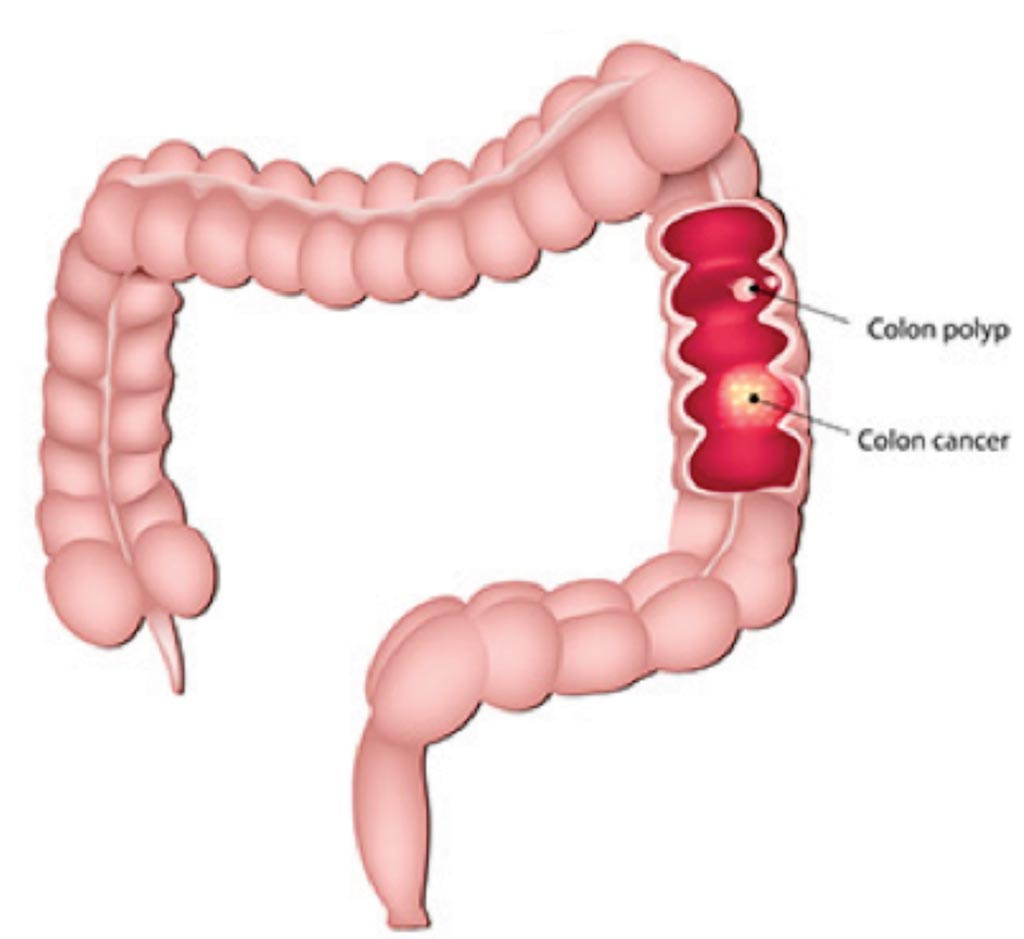
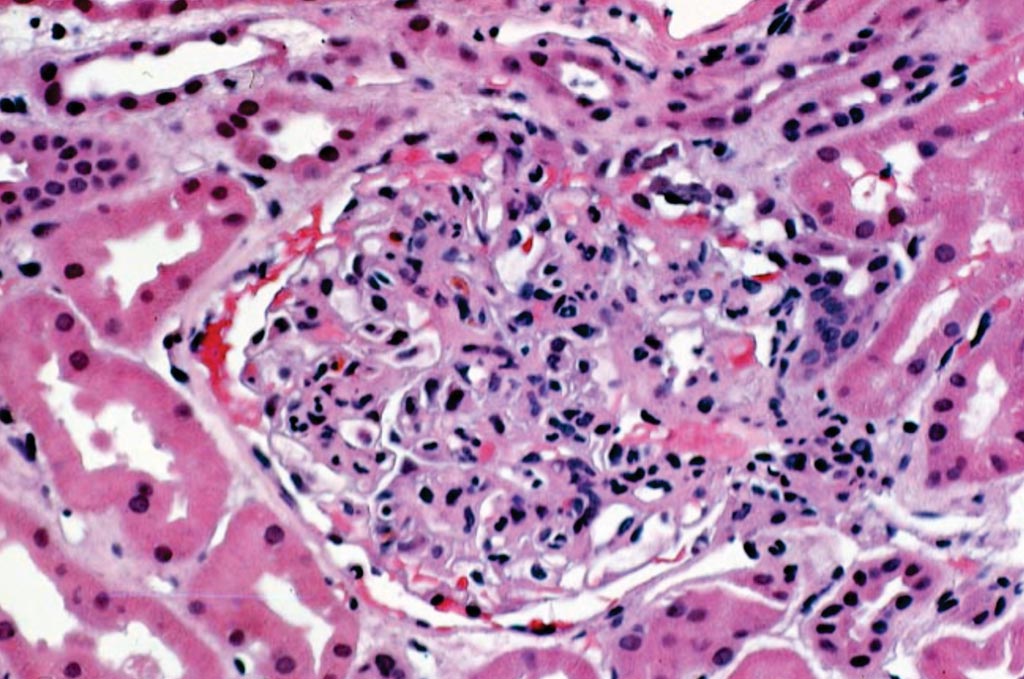
Kidney Biopsy Profiles Predict Delayed Graft Function
The probability of renal graft failure can be assessed for donor kidney biopsies through histological analyses; the potential for delayed graft function is not as easily determined by morphology alone, but could potentially be aided by molecular analysis. More...28 Feb 2018
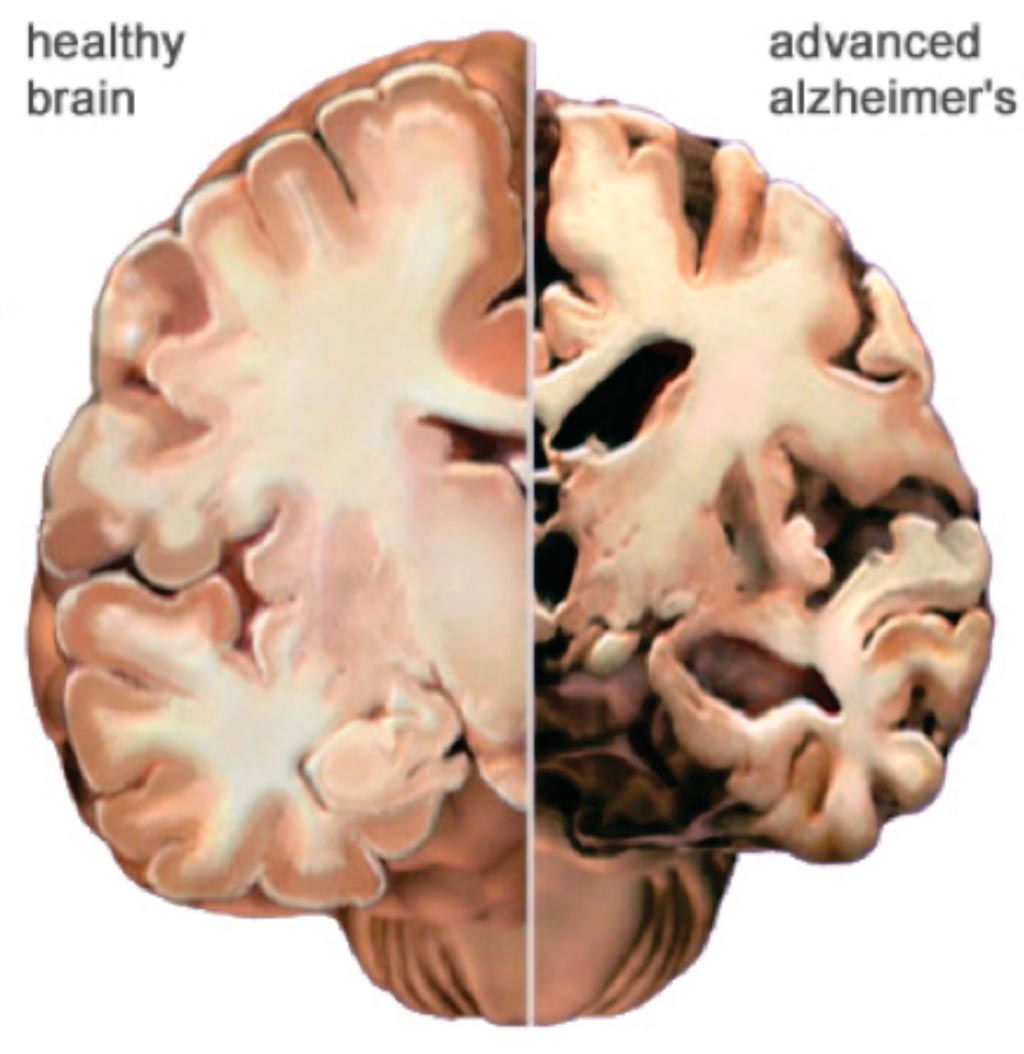
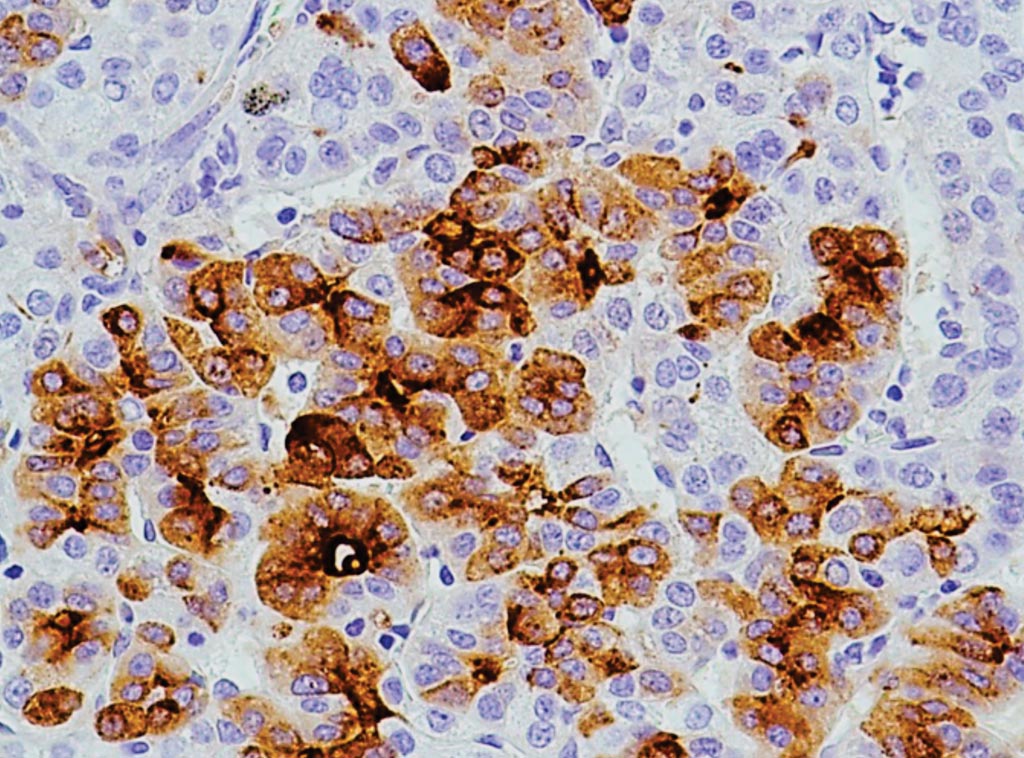
Blood Test Plus Ultrasound Enhances Liver Cancer Detection
While the incidence of most cancers is decreasing in the USA the incidence of liver cancer has increased by 2.7% a year over the last 10 years, which is estimated at about 40,700 new cases of liver cancer that will be diagnosed in the USA in 2018. More...20 Feb 2018
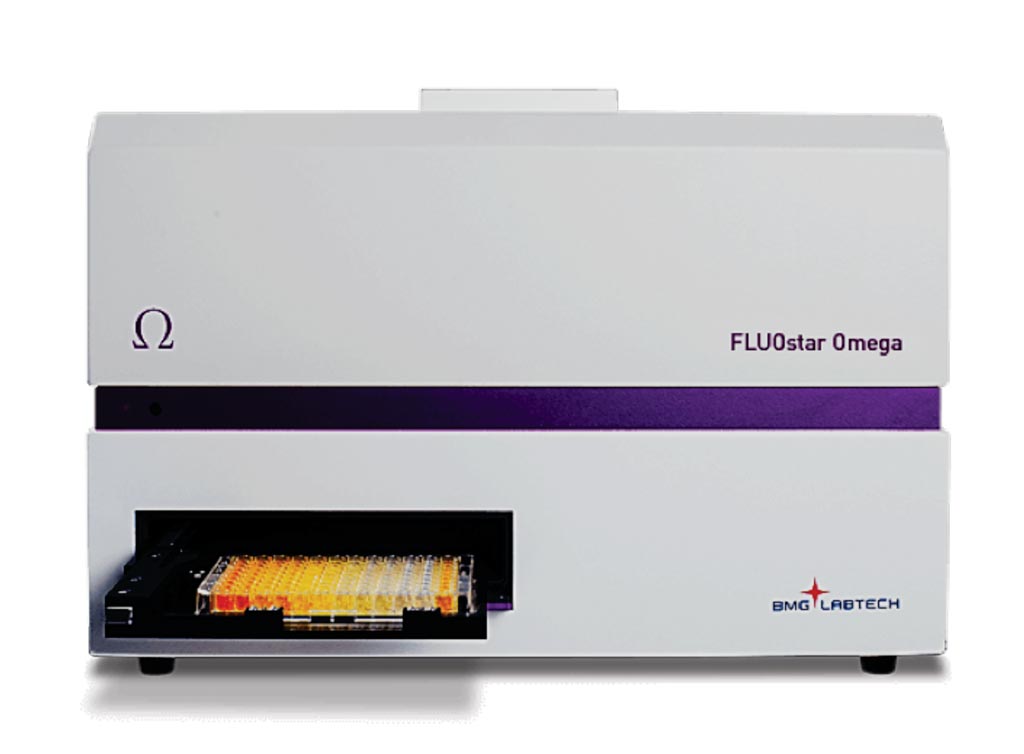
Molecular Test Adapted for Parkinson’s and DLB
Parkinson’s disease (PD), multiple system atrophy (MSA), dementia with Lewy bodies (DLB) (or Lewy body dementia) are called α-synucleinopathies due to the abnormal accumulation of aggregates of a protein called α-synuclein (αSyn) in the brain. More...20 Feb 2018

Genomic Sequencing Augments Diagnosis of Lymphoid Cancer
Lymphoid cancers include diffuse large B-cell lymphomas (DLBCL), follicular lymphoma (FL), and chronic lymphocytic leukemia (CLL). In recent years, several sequencing-based assays have been developed, but their clinical applicability and utility for patients with specific mutations still needs to be verified. More...19 Feb 2018
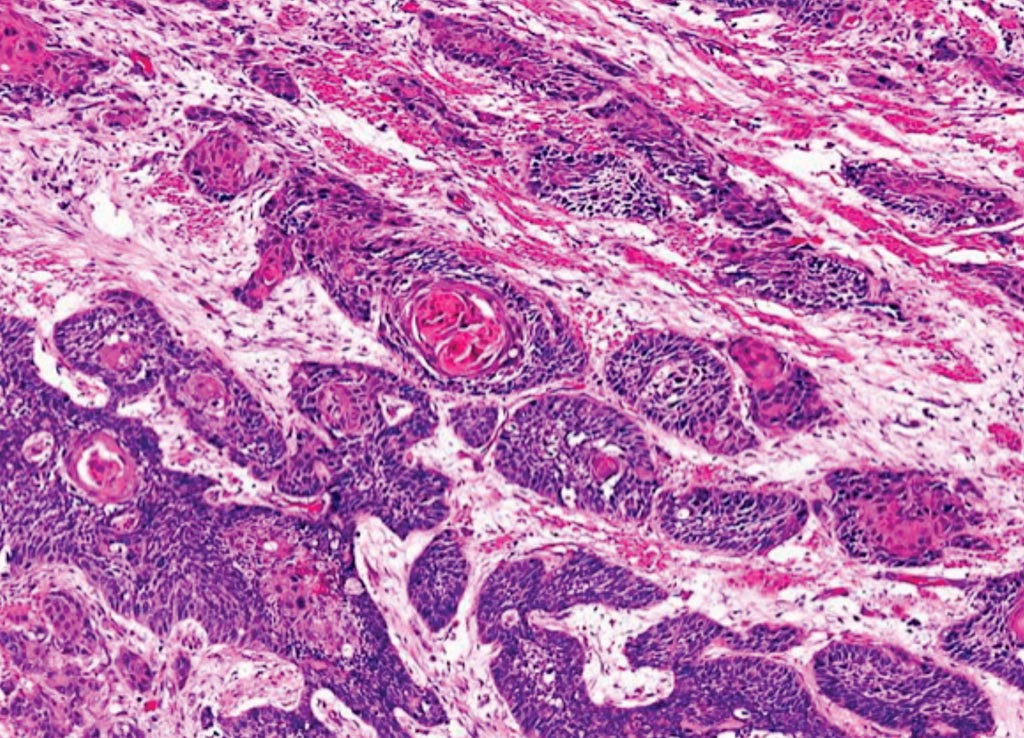
In Other News
HPV Found Hidden on Surface of Tonsils
CTC Blood Test Detects Early Stage Colorectal Cancer
Bacteria Play Critical Role in Driving Colon Cancers
Glycan-Attaching Enzyme Defines Colon Cancer
Genetic Biomarkers Determine Risk of Developing Endometriosis
Analysis Offers Treatment Options for Olfactory Neuroblastoma
Genetic Mutation Linked to Crohn's and Parkinson's Diseases
Polygenic Score Predicts Prostate Cancer Development
Lab-Developed Tests Compared with Approved Diagnostics
New Gene Variant Linked to Prostate Cancer
Biomarkers Predict Prognosis in Alcohol-Related Cancer Patients
New Biomarkers Predict Outcome of Cancer Immunotherapy
Improved Blood Stabilization Used for CTC Profiling
Two Simple Tests Help Pinpoint Cause of Stroke
Genetic Study Predicts Stomach Cancer Progression
Protein Signature Associated with Outcome in Metastatic Melanoma
Prognostic Biomarker Found for Endometrial Cancer
Nanowire Technology Developed to Detect Cancer Biomarkers in Urine
Biomarker Detects Fatal Breast Cancer One Year Earlier
HPV Test with Cytology Adds Little Diagnostic Value
Genetic Test Recommended for Inherited Prostate Cancer
Significant Disparities Found between Liquid Biopsy Providers
Genetic Profile Identified for Dementia with Lewy Bodies
The Pathology channel details advances in the field of Surgical Pathology and all its subspecialties, including Cytopathology and its subspecialties.







 Analyzer.jpg)


